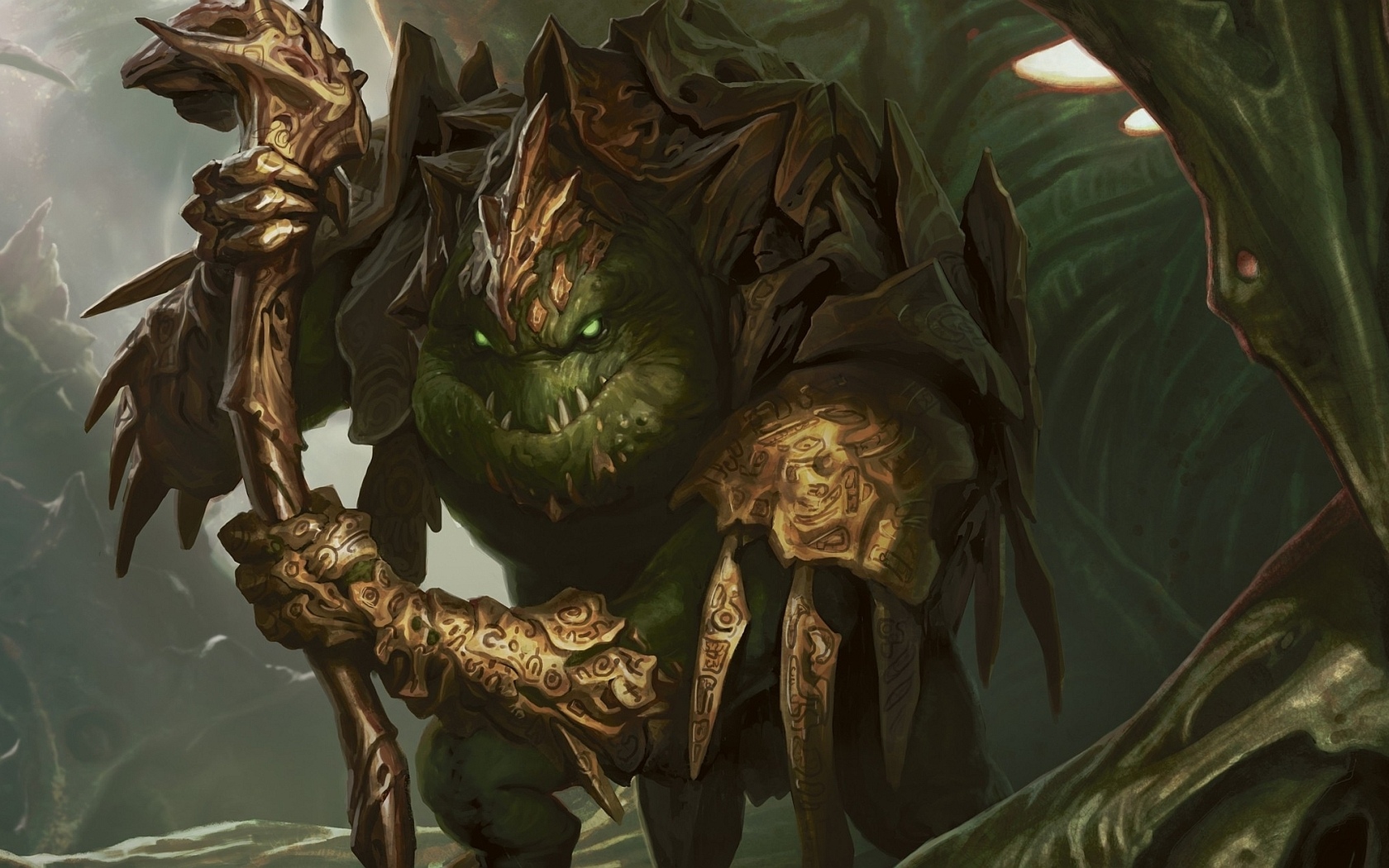“Woe from Wit” and “Misanthrope” by Moliere
 Of foreign works, the comedy by Moliere “Misanthrope” was especially important for “Woe from Wit” (see the summary, analysis and the full text). Studies by Professor Alexei Veselovsky showed that the image of Alceste was reflected in Chatsky: in the work of Griboyedov, the love story of the main character of “The Misanthrope”, Alceste, was repeated. Finally, the similarities are observed in some trifles. Of course, such a borrowing doesn’t make Griboedov’s comedy non-independent: if the form and some details were borrowed, then its content remained deeply Russian.
Of foreign works, the comedy by Moliere “Misanthrope” was especially important for “Woe from Wit” (see the summary, analysis and the full text). Studies by Professor Alexei Veselovsky showed that the image of Alceste was reflected in Chatsky: in the work of Griboyedov, the love story of the main character of “The Misanthrope”, Alceste, was repeated. Finally, the similarities are observed in some trifles. Of course, such a borrowing doesn’t make Griboedov’s comedy non-independent: if the form and some details were borrowed, then its content remained deeply Russian.
Professor Veselovsky points out that Griboedov made some borrowings for his comedy not only from “Mizantrop”, but also from other Molière comedies: this is Molchalin’s reasoning about the need to please everyone, even “the janitor’s dog, to be affectionate” – taken from “Scientists Women”: “Jusqu’au chien du logis il s’efforce de plaire”. The trick of Chatsky against the European costume reminds one place in the “School of husbands”. Goric’s words about the vicious condescension of society to Zagoretsky are reminiscent of the speech of Alceste to Filent (act 1, scene 1, verse 125-140). The final words of Chatsky: “I will go looking around the world where the feeling is insulted is a corner” – coincide with the words of Alceste: “chercher sur la terre un endroit écarté où être homme d’honneur on ait la liberté!”.
A. Veselovsky, first of all, notes the autobiographical significance of the main characters of these two comedies: both Altsest and Chatsky are related natures; they reflect, as in a mirror, the main features of their creators. “One of the most typical melancholic humorists, Griboedov, knew for himself the abrupt transitions characteristic of all of them from explosions of gaiety to gloomy despondency — and Chatsky is a worthy echo of him. If we put together all those contemptuous reviews about people, order, mores, ideas that are scattered in his speeches, then, of course, such a gloomy pessimistic picture will emerge that will directly make one assume misanthropic inclinations in a person with such views. And, meanwhile, the same terrible exposer, before whom nothing finds mercy, still believes in the possibility of renewal; not noticing that there are too few people like him in his contemporary society, he already refers to the spirit of the times, finds that the light is not that now, ”that now“ everyone breathes freely ”; This credulity, which represents such a contrast with the dismal appreciation of reality, also explains his indomitable fervor in propaganda: he will surrender to her not only because he is fascinated by temperament, that in general he cannot be silent, but also because the deceptive hope of touching does not leave him, finally, these petrified hearts. ”
“Moliere was like that in his life, so is his hero Alceste, whom he puts into his mouth, along with terrible curses to people, and words of gullibility, inspiration, love … For Alceste, love is still alive, – he is available to the charm of sincere poetry – and most importantly, he is ready to fight for the right of those people whom, in general, are used to despise. ”
In addition, “in both works we see, in the person of the main characters, developed and intelligent people, sometimes reaching to the utmost pessimism, sharp in their judgments and attitudes towards people; their loneliness among people is brightened up only by attachment to a woman who prefers a fool to them. Not believing this completely, both of them idealize her, forgiving her weakness and hoping for her correction. Accident (in Moliere — Alcest’s find and reading of Selimena’s letter; in Griboyedov — the chat overheard about Swiss in him and the scene between Sophia and Molchalin) overheard them, opens their eyes, —the last hopes are crumbling, and they break all ties with society. The similarity of the plan of both comedies, in elementary terms, is obvious.
The differences boil down to the fact that the protesting hero in the Russian comedy took upon himself all the characteristic features of Russian life and the era of which he was a product. The difference concerns the moral aspects of the character of both heroes. “The instrument of accusatory propaganda at Chatsky is a mockery, often light and caustic, only occasionally taking a harsh connotation and penetrating with pathos. Alceste has strict indignation, a smile is rarely shown on his lips and the tone of his speeches is almost uniform everywhere. ”
Both of them are inclined to contrast the old time – unpretentious but morally pure – and Alcest’s sympathy for the ancient prowess (vertus des vieux ges) is on a level with those speeches for which Chatsky can be known as an old believer. ”
“Neither Molière nor Griboedov did not think of exposing the central person in his works as unconditionally exemplary in all respects, seemingly ideal both in direction and in the course of action. Griboedov makes Chatsky make a rather moderate assessment of himself and people like him: we have not a comprehensive mind, not a whole person. Likewise, Moliere does not want to turn a blind eye to the well-known weaknesses of his hero, to his excessive fervor and quickness, which flares up.



